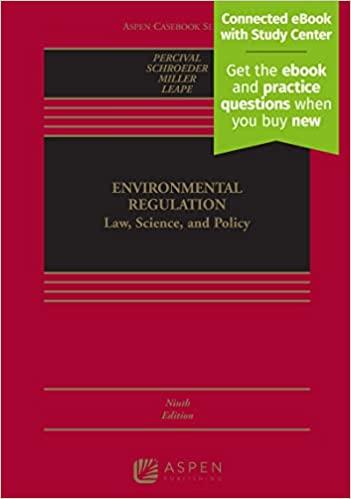Question
Our constitution guarantees freedom of expression. Yet when people criticize public officials and other public figures, they can be sued for defamation, even if they
Our constitution guarantees freedom of expression. Yet when people criticize public officials and other public figures, they can be sued for defamation, even if they believe what they say is true. Do you think we should adopt an approach similar to that in the United States and take the position that it is more important to have a frank debate with respect to such public matters, a debate free of the chill imposed by the threat of legal action? Should the protections of privileged communications be applied to all such discussions of matters of public interest, whether the statements are accurate or not? Should the media enjoy special protection in such matters? Consider the appropriateness of the new "responsible communication" defence in your discussion. When anyone creates faulty products or provides substandard services in country Canada, they must be labeled as careless. Before an individual is held responsible for negligence, he or she must have violated the community's standard of conduct. In other cases, determining fault is not necessary when an individual is suing for breach of contract.
In tort law, the need to find liability when one person's
actions cause harm to another must be limited.
Step by Step Solution
There are 3 Steps involved in it
Step: 1

Get Instant Access to Expert-Tailored Solutions
See step-by-step solutions with expert insights and AI powered tools for academic success
Step: 2

Step: 3

Ace Your Homework with AI
Get the answers you need in no time with our AI-driven, step-by-step assistance
Get Started


